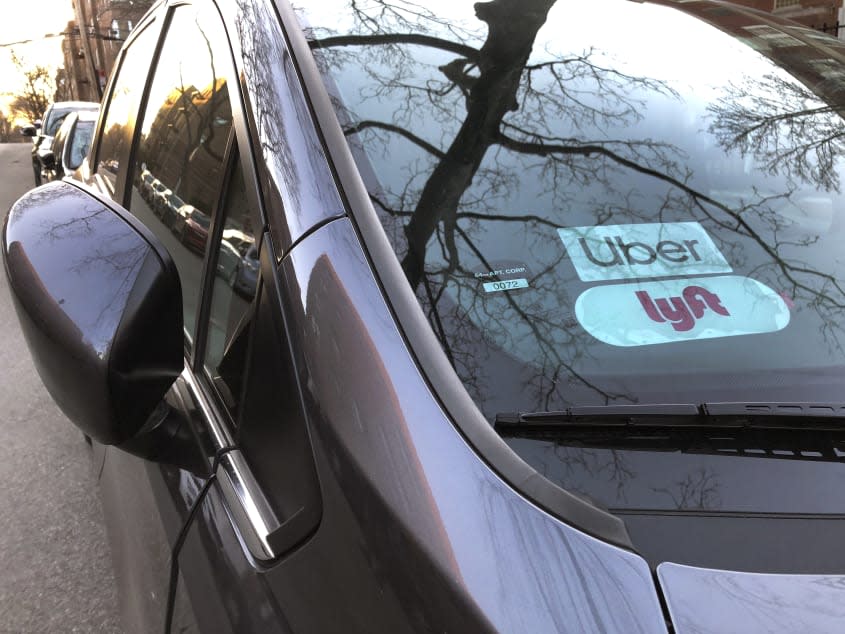Employment: Cracking down on the freelance economy

The smartest insight and analysis, from all perspectives, rounded up from around the web:
The Biden administration wants to rewrite the rules of the gig economy, said Noah Rothman at MSNBC. "Labor activists have long demanded" that the federal government force companies to classify more of their staff as employees rather than independent contractors. Now the Labor Department is giving them their wish, proposing new guidelines this month that would replace more lenient Trump-era policies. Not surprisingly, shares of Uber and Lyft, two symbols of the gig economy, sank on the news. But proposed rules have implications that go far beyond ride-sharing services. The administration is following in the footsteps of California, which passed a wide-ranging freelance law that transformed the jobs of "independent writers, graphic designers, photographers, journalists, and content producers" — most of whom "didn't seem to appreciate the reform" passed in their behalf.
All the proposed changes would simply "bring Labor Department policy back in line" with where it was before the Trump years, said Timothy Noah in The New Republic. The rules at issue were derived from two 1947 Supreme Court cases "that established an 'economic reality' test typically based on six questions," including whether the worker's services are integral to the business and how much control the business maintains over the worker. The Trump administration significantly winnowed that precedent and made it "much easier to classify a worker as an independent contractor" — letting companies like Uber and FedEx keep taking advantage of their workers.
Well, I'm an Instacart and Uber driver, and I don't feel taken advantage of, said Roman Juela in Fortune. I'm also a construction worker. During the pandemic, I realized I needed extra income, "but getting a second full-time job was out of the question." The Labor Department proposal would "make independent work harder, undercutting the freedom and flexibility I enjoy today." Changes in how workers are classified will have "unintended" impacts, said Morgan Meaker in Wired. Ironically, Uber and Lyft, the initial targets of California's 2019 law, ended up winning an exemption via a statewide ballot initiative. But the legislation has "reshaped a raft of other industries, from yoga studios to theater productions and trucking." Consider strippers. While the law guaranteed exotic dancers a minimum wage, club owners restructured their businesses to "take larger cuts of the money earned through private dances" — which make up most of dancers' income.
It's understandable that organized labor and liberal lawmakers want to "lump as many workers into the 'employee' bucket as possible," said Christian Britschgi in Reason, "to guarantee more people the overtime pay and benefits that come with that designation." But those efforts have often been rebuffed by gig workers themselves, "who object to the added regulation and rigidity." A more expansive federal definition of an employee is likely to encourage more restrictions at the state level too. As gig economy arrangements keep growing around the country, this fight is only beginning.
This article was first published in the latest issue of The Week magazine. If you want to read more like it, you can try six risk-free issues of the magazine here.
You may also like
7 terrifyingly funny cartoons about America's spooky political season
The most and least environmentally friendly countries of 2022
Biden predicts student debt payments will go out 'in the next 2 weeks', despite pending lawsuits

